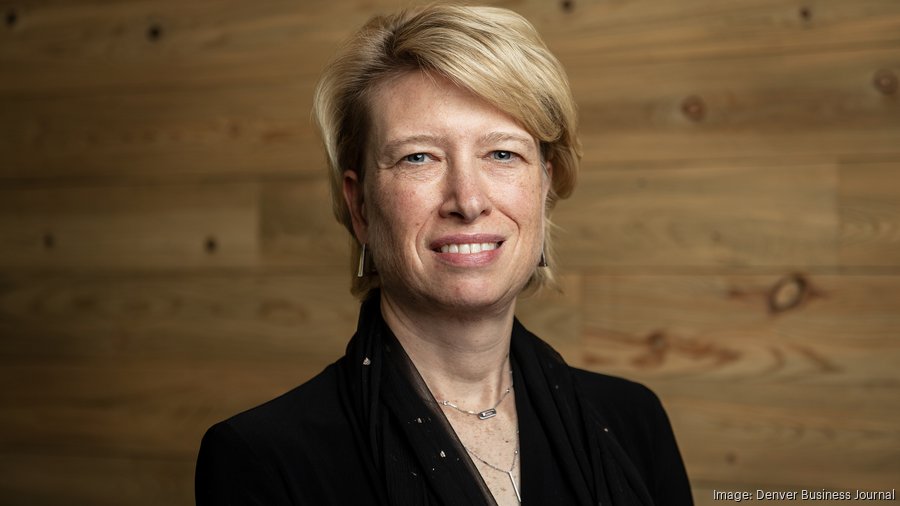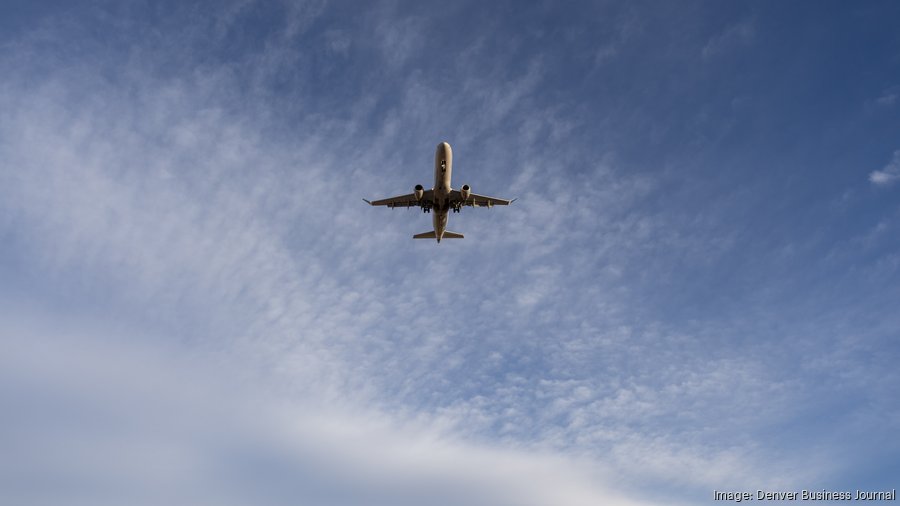Listen to this article 4 min
When it comes to bringing new airlines to Denver, the airport has a simple but assertive policy: Talk to all airlines, and talk to them all the time. Be ready for an airline’s priorities to shift toward Denver at any moment.
That’s according to Laura Jackson, the Denver International Airport's vice president of air service development and aviation research.
On the heels of DIA’s announcement that Turkish Airlines will launch the longest nonstop international flight available at DIA this June, Jackson sat down with the Denver Business Journal to discuss what goes into DIA landing deals with new international airlines.

“I don’t think people understand how technical it really is. And this is a business decision for an airline. They have to see demand, and they have to see that they are going to make money,” she said. “We are very methodical in what we do.”
Her team’s overall mission boils down to three areas: retention, expansion and economics.
Efforts to retain airlines at DIA don’t always make headlines, Jackson said. The work often involves celebrating airline milestones at the airport — such as Cayman Airways’ recent fifth anniversary at DIA or Frontier Airlines’ upcoming 30th anniversary — and reminding the public which airlines call DIA home.
“We never want to lose a route. We never want to lose an airline,” she said.
The expansion initiatives are often what grabs attention. Landing deals with new airlines, existing airlines adding routes or existing carriers adding seat capacity within their service at DIA are some of the big wins that fall under her team's expansion umbrella.
Negotiating such deals with airlines takes years. DIA may have announced this month that Turkish Airlines is now its 26th airline, but Jackson first met with the airline 10 years ago. Landing Air France took Jackson closer to two decades.
“We build very detailed and robust business cases that we present to airlines,” she said.
DIA aims to get in front of airlines’ decision-makers and clearly demonstrate how demand for that destination stacks up in Denver.
To that end, DIA works with numerous external partners to flesh out its cases, such as the state Office of Economic Development and International Trade or the state tourism office. The airport can then illustrate to airlines if there is an untapped tourism market that could support bringing a flight to DIA, or business and corporate connections.
“Airlines, they want quantifiable numbers. Data. It’s all very, very data-driven and so our team, we actually purchase a lot of data,” Jackson said. “So we can analyze these trends and be able to present them to airlines.”
Passenger demand will always be the first factor in which new airlines DIA targets, Jackson said. The airport also looks at airlines’ own strategies, to keep in mind which airlines may be an ideal fit for the passenger demand DIA is looking to feed.
The airport is also mostly focused on bringing in new international destinations because its service within domestic markets is so well covered, Jackson said.
Among the top 100 domestic markets that have originating and departing demand for Denver, the airport serves 99, she said.
The highest-demand markets also have two or more carriers, which means competitive service and lower fares for customers, she said. The average domestic fare in Denver is 14% lower than the U.S. average, she said.
“We have a very broad network. We have a very deep network,” she said.
Based on the demand, DIA’s priority international markets are Rome, Italy; Punta Cana, Dominican Republic; and Amsterdam, Netherlands, respectively.
With global connections a key pillar in the airport’s strategic planning, DIA is also committed to efforts it started in 2021 to bring in a direct flight to the continent of Africa, most likely through Ethiopia, Jackson said.
The latest rankings of the nation’s and the world’s busiest airports painted a picture of European airports in particular climbing their way back to pre-pandemic global rankings, she said. Next, she predicts a rightsizing of the industry as Chinese airports will continue to trickle back into those top rankings, what she considers “kind of the final phase of recovery from the pandemic.”
Jackson never predicted DIA would reach the rank of third busiest in the world, a position it held in 2021 and 2022. DIA now ranks sixth busiest in the world, based on 2023 passenger volume.
Based on all the data troves her team holds and international airports’ continued pandemic recovery, she expects DIA will continue ranking as one of the nation’s busiest in 2024, a bigger shift is expected on the global stage.
“We’ll probably fall out of the top 10,” she said of DIA’s world rankings. “But that’s OK.”
# Passengers through September 2023
| Rank | Prior Rank | Business name |
|---|---|---|
1 | 1 | United Airlines |
2 | 2 | Southwest Airlines Co. |
3 | 3 | Frontier Airlines |



